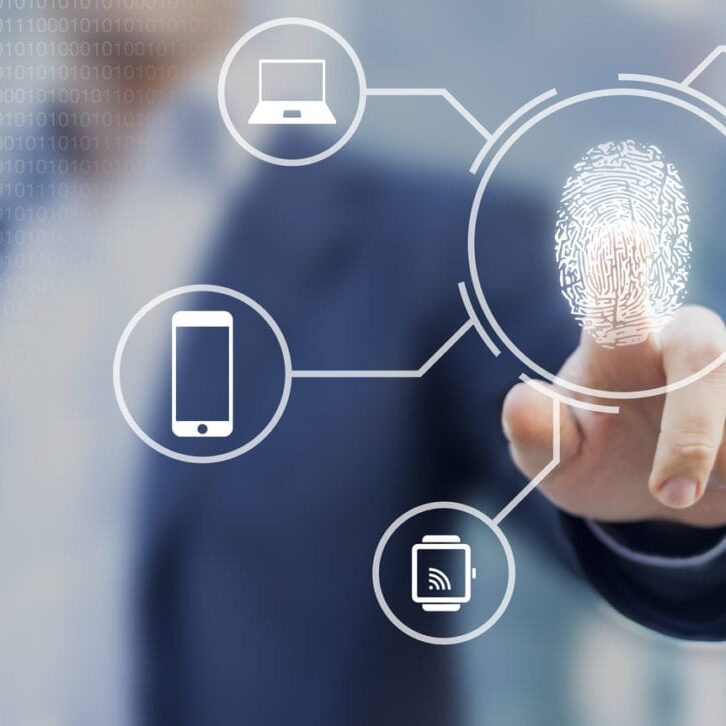Insights < BACK TO ALL INSIGHTS
Data Control of the People, by the People, for the People…
Data Control of the People, by the People, for the People…
By: Nicole Kardell
Can the free market weigh in on data privacy and further data privacy rights in way that the law cannot? Can the free market put control over people’s data back in individuals’ hands?
Many of us have been waiting for a market solution to address the privacy of personal data. As attorneys, we know from experience that laws and regulations are not always the best or most efficient way to resolve an issue. How to effectively address the rights of individuals to their data is no exception.
Fueling the need for a market-based approach: a push for federal legislation in the U.S. can’t seem to make it past competing voices and competing concerns. Stakeholders have varying viewpoints on what is personal data, who owns it, and what rights an individual should be able to exercise over that data. A compelling market solution could cut through the dissonance and fashion an answer to the satisfaction of individuals and stakeholders alike.
For starters, when individuals have a vested interest in their data, they are more apt to review, understand, and buy into a program. That will get more traction than a law or regulation that simply piles on verbiage in privacy policies and end user agreements that most people will never read, providing rights few will ever exercise.
Further, companies across verticals that collect and/or process data can more easily adapt to a market solution that affords flexibility and allows for product innovation and improvement. Laws and regulations are forever playing catch-up with technological advances. Companies that face new legal and regulatory frameworks have to revamp products and services to fit those frameworks. The results can be clunky and costly.
How do we change how data is collected? How do we put individuals in charge of their data? To date, the market has not come up with a satisfactory response. Personal data (however broadly or narrowly you want to define it) has been collected by and used by entities without much input from the individuals. Sure, there are “Do Not Track” signals that people can send out through their browsers. Sure, people can adjust the settings on their browsers, apps, and devices to limit what is being collected by others. But these “fixes” are often temporary, incomplete, and even ineffective.
If only there were a tool to give people ownership over their data and to allow individuals to signal across their smart devices what data they are willing to share and for what benefit. This would satisfy consumer advocacy groups and bring relief to industry stakeholders. Does it seem too complicated of a concept? Does it seem too good to be true?
Enter: Dawn Song, a professor at the University of California-Berkeley, and an expert in computer security and trustworthy artificial intelligence. According to a recently-published New York Times article, Song is building a platform to make the marketplace solution a reality. She is developing the platform at her new company, Oasis Labs. Through the use of specialized computer chips and blockchain technology, Song and her engineers are working to build on secure zones that already exist in many computer chips (e.g., smart phones). Incorporating smart contracts into enhanced secure zones, Song believes she can give data owners control over who has access to their data and how it is used.
While this may not seem straightforward, it is a remarkably clean and a logical innovation to technologies we already accept and incorporate: blockchain technology and smart contracts. Moreover, transactions over peoples’ data already takes place in real time through the intricate world of ad tech. Adding users’ bids through smart contracts, which execute automatically, is a logical and efficient addition. The professor noted that, while today, individuals’ data is a commodity exchanged by companies without individuals’ input, her platform could turn that data into a user’s product to exchange and extract revenue. Song hopes that data, when viewed as property, can propel the global economy in new ways: “New business models can be built on this.” We hope she is right.
We look forward to following Oasis Labs’ progress. And we look forward to further development of market solutions that change how data is collected and that put consumers back in charge.





